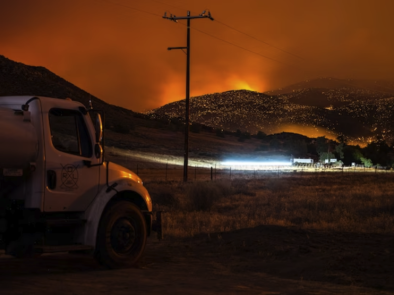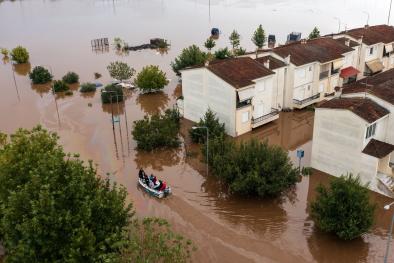Science Source
Evidence for declining forest resilience to wildfires under climate change
- States that forest resilience to climate change is a global concern given the potential effects of increased disturbance activity, warming temperatures and increased moisture stress on plants
- Uses a multi‐regional dataset of 1485 sites across 52 wildfires from the US Rocky Mountains to ask if and how changing climate over the last several decades impacted post‐fire tree regeneration, a key indicator of forest resilience
- Results highlight significant decreases in tree regeneration in the 21st century
- Finds that annual moisture deficits were significantly greater from 2000 to 2015 as compared to 1985–1999, suggesting increasingly unfavourable post‐fire growing conditions, corresponding to significantly lower seedling densities and increased regeneration failure
- Finds that dry forests that already occur at the edge of their climatic tolerance are most prone to conversion to non‐forests after wildfires
- Concludes that major climate‐induced reduction in forest density and extent has important consequences for a myriad of ecosystem services now and in the future
Related Content
Headline

Nov 17, 2023 | Climate Nexus Hot News
Utility Responsible For Wildfire, CA Report Says
Headline

Oct 26, 2023 | Climate Nexus Hot News
The Planet is ‘Under Siege,’ Scientists Say
Headline

Oct 11, 2023 | Climate Nexus Hot News
Climate Change Forcing Children to Move
Headline

Sep 20, 2023 | AP
In a state used to hurricanes and flooding, Louisiana is battling an unprecedented wildfire season


